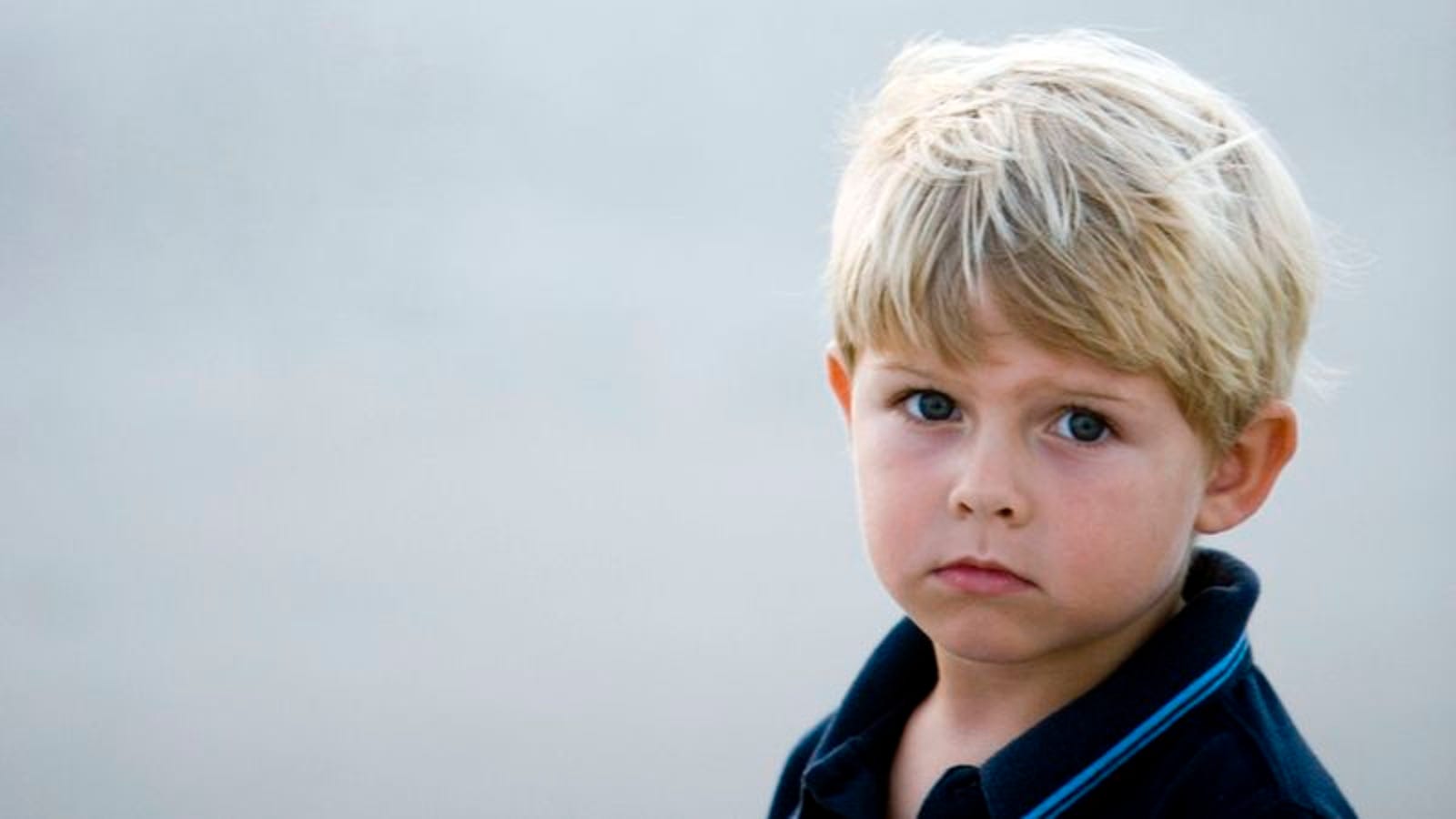Discovering The Youngest Nobel Prize Winner: A Look At Remarkable Achievements
Have you ever wondered about the brilliant minds who achieved global recognition at a surprisingly young age? It's a rather fascinating thought, isn't it? The Nobel Prize, a very prestigious award, celebrates incredible contributions to humanity in various fields. Sometimes, these significant achievements come from individuals who are just starting out in their careers, or even still in their formative years.
This article explores the lives of some truly inspiring individuals who received this high honor when they were quite young. We will look at who holds the record for being the youngest Nobel Prize winner and learn about their extraordinary work. It's almost like peeking into a special part of history, seeing how some people make such a big difference early on.
Prepare to be transported into a rich and fascinating history on the youngest winners that exist, you know. We'll uncover details about their groundbreaking work and the lasting impact they have had on our world. It’s pretty amazing to think about what these individuals accomplished at such a tender age.
Table of Contents
- The Youngest Ever Nobel Laureate: Malala Yousafzai
- Other Remarkable Young Nobel Laureates
- What Makes a Nobel Laureate So Young?
- Frequently Asked Questions About Young Nobel Laureates
The Youngest Ever Nobel Laureate: Malala Yousafzai
The question of who is the youngest ever Nobel Prize laureate often comes up, and the answer is truly inspiring. Malala Yousafzai, a Pakistani education activist, became the youngest Nobel Prize winner when she was awarded the Nobel Peace Prize in 2014. She was just 17 years old at the time, which is really quite young for such a grand recognition.
Her recognition came for her relentless fight for girls’ education in Pakistan. Malala's efforts brought much attention to the difficulties girls faced in getting an education in Pakistan. Her voice became a very strong symbol for many around the globe, showing just how important it is for every young person, especially girls, to have the chance to learn and grow. This focus on education, you know, it truly touches the core of what makes societies better for everyone.
Malala's story is one of incredible bravery and determination. She stood up for what she believed in, even when it put her in danger. Her unwavering commitment to ensuring all girls have access to school made her a powerful advocate. She is the second Pakistani and the only Pashtun to receive a Nobel Prize, which is a significant point for her country and her people, too.
- Does Susan Marry Mike
- Emmitt Smith Net Worth
- Genieexum Erome
- Joell Perry Onlyfans
- Bonnie Blue Vs 1000 Men Aftermath
For her work in drawing global attention to the threat to girls’ education in Pakistan, in 2014 at age 17, Malala Yousafzai became the youngest Nobel Prize laureate up to that time. Her courage, you know, it really resonated with people everywhere. Her message about the importance of learning and the right to an education for everyone, regardless of gender, continues to inspire many people around the world, even today.
Her acceptance of the prize at such a young age highlighted the urgency of the issues she champions. It also showed the world that even a young person can have a massive impact on global matters. Her advocacy has, in a way, sparked conversations and actions aimed at improving educational opportunities for millions of children who might otherwise be left behind. This, you see, is a lasting legacy.
Malala's continued work through the Malala Fund shows her ongoing dedication. She uses her platform to advocate for resources and policies that support girls' education globally. This work, in some respects, builds upon the foundation of her Nobel recognition, extending its reach and impact far beyond that initial moment in 2014. It's a constant effort, you know.
Personal Details and Biography of Malala Yousafzai
Here are some key details about Malala Yousafzai, the youngest Nobel Prize laureate:
| Full Name | Malala Yousafzai |
| Nationality | Pakistani |
| Born | July 12, 1997 |
| Nobel Prize Awarded | Nobel Peace Prize |
| Year Awarded | 2014 |
| Age at Award | 17 years old |
| Recognized For | Her fight for the right of all children to education |
Malala's journey began in the Swat Valley of Pakistan, a place where girls' education faced severe restrictions. Her early writings, published anonymously, brought attention to these challenges. This initial step, you know, was a very brave one. Her voice, even then, carried a powerful message about basic human rights.
Her activism grew, and she became a public figure, speaking out more and more. This increased visibility, however, also brought danger. Yet, she did not stop. Her determination to speak up for girls' right to go to school remained very strong, even in the face of threats. It's a truly remarkable level of resolve, you know.
The attack she survived only strengthened her resolve and brought her story to the attention of the whole world. This event, tragic as it was, turned her into a global symbol for peace and education. It's a powerful example of how one person's experience can, in a way, spark a worldwide movement for change.
After recovering, Malala continued her advocacy on a global stage. She spoke at the United Nations and met with world leaders, always pushing for greater investment in education for girls. Her speeches are very moving, and they truly highlight the importance of opportunity for every child. She is, quite simply, an incredibly persuasive voice.
Her work continues to this day, with the Malala Fund actively working to break down barriers to girls' education worldwide. This ongoing effort shows that her Nobel Prize was not an endpoint, but rather a significant milestone in a much larger mission. It's a constant reminder that the fight for equal access to learning is still very much alive.
Other Remarkable Young Nobel Laureates
While Malala Yousafzai holds the record for the youngest Nobel laureate in history, she is certainly not the only person to receive this honor at a relatively young age. The history of the Nobel Prize is filled with individuals who made profound discoveries or created impactful works when they were still quite young, you know. It's inspiring to see such early brilliance recognized.
The Nobel Prize, across its different categories, has recognized many young talents. From literature to medicine, and even peace, these individuals show that age is not always a barrier to making a very big difference in the world. Their stories, you see, are a testament to early genius and dedication.
My text mentions that you can discover 8 of the youngest Nobel Prize winners in the world. While we only have details for a few here, it shows there's a wider group of young achievers. Each of them, in their own field, brought fresh perspectives and significant contributions that changed how we think or live. It's pretty cool to think about that.
Rudyard Kipling: A Literary Pioneer
Rudyard Kipling is another notable young recipient of a Nobel Prize. He is the youngest recipient of the Nobel Prize in Literature. He won this prestigious award at the age of 41 in 1907. For a writer, winning such an award at that age is, in a way, quite an early career peak.
Kipling was recognized for his "power of observation" and "originality of imagination." These qualities allowed him to create stories and poems that captivated readers around the world. His works, you know, often explored themes of colonialism, adventure, and human nature, leaving a lasting mark on the literary landscape.
His writing style was very distinctive, and his storytelling ability was truly remarkable. Kipling’s contributions to literature, including famous works like "The Jungle Book" and "Kim," continue to be read and studied today. Winning the Nobel Prize at 41 showed that his influence and talent were recognized very early in the history of the award itself, as it was only the sixth Literature Prize ever given. Learn more about literature on our site.
Kipling's unique ability to observe the world around him and translate it into vivid narratives set him apart. His imaginative tales transported readers to distant lands and introduced them to unforgettable characters. This early recognition, you see, underscored the profound impact his stories had on the global literary scene, shaping tastes and inspiring many other writers.
His work often reflected the complexities of the British Empire during his time, offering insights into different cultures and perspectives. While some of his views have been debated over time, his literary skill and influence remain undeniable. He truly was a master storyteller, and that's just a fact.
Frederick G. Banting: A Medical Breakthrough
In the field of science, Frederick G. Banting stands out as a young Nobel laureate for his groundbreaking work in medicine. He was awarded the Nobel Prize in Physiology or Medicine in 1923 at the age of 31. That's impressive enough in itself, but his achievement had a profound impact on human health.
Banting, along with John Macleod, was recognized for the discovery of insulin. This discovery, you know, revolutionized the treatment of diabetes, turning what was once a fatal condition into a manageable one. His work brought hope to millions of people suffering from this illness, and it continues to save lives every single day.
The rapid recognition of his work, just two years after the discovery, speaks volumes about its immediate and critical importance. It's a very clear example of how scientific breakthroughs can quickly change the course of human well-being. The impact of insulin cannot, in a way, be overstated.
Banting's dedication to scientific inquiry and his collaborative spirit led to one of the most significant medical advancements of the 20th century. His early success, you see, highlights how young researchers can make truly monumental contributions that affect the lives of countless individuals globally. This kind of impact is what the Nobel Prize often celebrates.
The story of insulin's discovery is a testament to perseverance and innovative thinking. Banting and his team worked tirelessly, and their efforts led to a treatment that transformed diabetes care. This achievement, at such a young age, truly showcases his remarkable talent and commitment to medical progress. It's a pretty inspiring tale, actually.
What Makes a Nobel Laureate So Young?
The stories of Malala, Kipling, and Banting show that age does not define the capacity for great achievement. What allows some individuals to reach such heights and receive the Nobel Prize at a young age? It's a combination of factors, you know, that often includes extraordinary talent, dedication, and sometimes, being in the right place at the right time with a brilliant idea.
For some, like Malala, it's about courage and speaking truth to power in a way that resonates globally. Her activism, you see, addressed a very urgent and universal issue: the right to education. Her youth perhaps made her message even more powerful, as she was fighting for the very opportunities she herself was being denied. It's a compelling narrative.
In scientific fields, it often involves a breakthrough discovery that fundamentally changes our understanding or treatment of something. Frederick Banting's discovery of insulin is a perfect example. Such discoveries sometimes happen when researchers are young, perhaps because they bring fresh perspectives or are willing to challenge existing ideas. They might be less constrained by conventional thinking, too.
For literary figures like Kipling, it's about an exceptional gift for storytelling and a unique voice that captures the spirit of an era or explores universal human themes. Their early success often reflects a precocious talent that matures quickly, allowing them to produce works of enduring quality at a relatively young age. It's a kind of natural brilliance, you know.
The Nobel Committee looks for significant contributions that have had a profound impact on humanity. Whether it's a scientific breakthrough, a powerful literary work, or a courageous fight for peace, the common thread among these young laureates is the undeniable influence of their work. Their youth, in a way, simply adds another layer to their already remarkable stories. It makes their achievements even more striking, you know.
It also speaks to the idea that innovation and profound impact can come from anywhere, at any time in a person's life. These young Nobel laureates serve as powerful reminders that brilliance and the capacity to change the world are not limited by years. They show us that passion, dedication, and a clear vision can lead to extraordinary outcomes, very early on. You can learn more about the Nobel Prize history by visiting this page.
Their stories inspire countless others to pursue their passions, no matter their age. They show that a single individual, even a very young one, can make a difference that echoes through history. It's a powerful message, really, about potential and purpose. These individuals, you know, truly embody the spirit of human achievement.
Frequently Asked Questions About Young Nobel Laureates
People often have questions about these extraordinary young individuals who have received the Nobel Prize. Here are some common inquiries:
Who is the youngest person to ever win a Nobel Prize?
The youngest person to ever win a Nobel Prize is Malala Yousafzai. She won the Nobel Peace Prize in 2014 when she was just 17 years old. Her work for girls' education in Pakistan brought her this global recognition, you know.
How old was Rudyard Kipling when he received his Nobel Prize?
Rudyard Kipling received the Nobel Prize in Literature at the age of 41 in 1907. He was recognized for his exceptional power of observation and originality of imagination. This made him, you know, the youngest recipient in the literature category at that time.
What was Frederick G. Banting's major achievement that earned him a Nobel Prize?
Frederick G. Banting was awarded the Nobel Prize in Physiology or Medicine in 1923 at age 31 for his groundbreaking discovery of insulin. This discovery, you see, transformed the treatment of diabetes and saved countless lives around the world. It's a very significant medical breakthrough.
- Pryce Is Right Twitter
- John Tee Maestros De La Restauración
- Apocalyptica Lead Singer
- Rachel Ward Actress
- Alana Rose And Maddie May

Youngest Child Ever? Jonah Is Just 3 Years Old

Signs You're the Youngest Child | POPSUGAR UK Parenting

Chronicles of a Babywise Mom - Implementing the -Wise Series